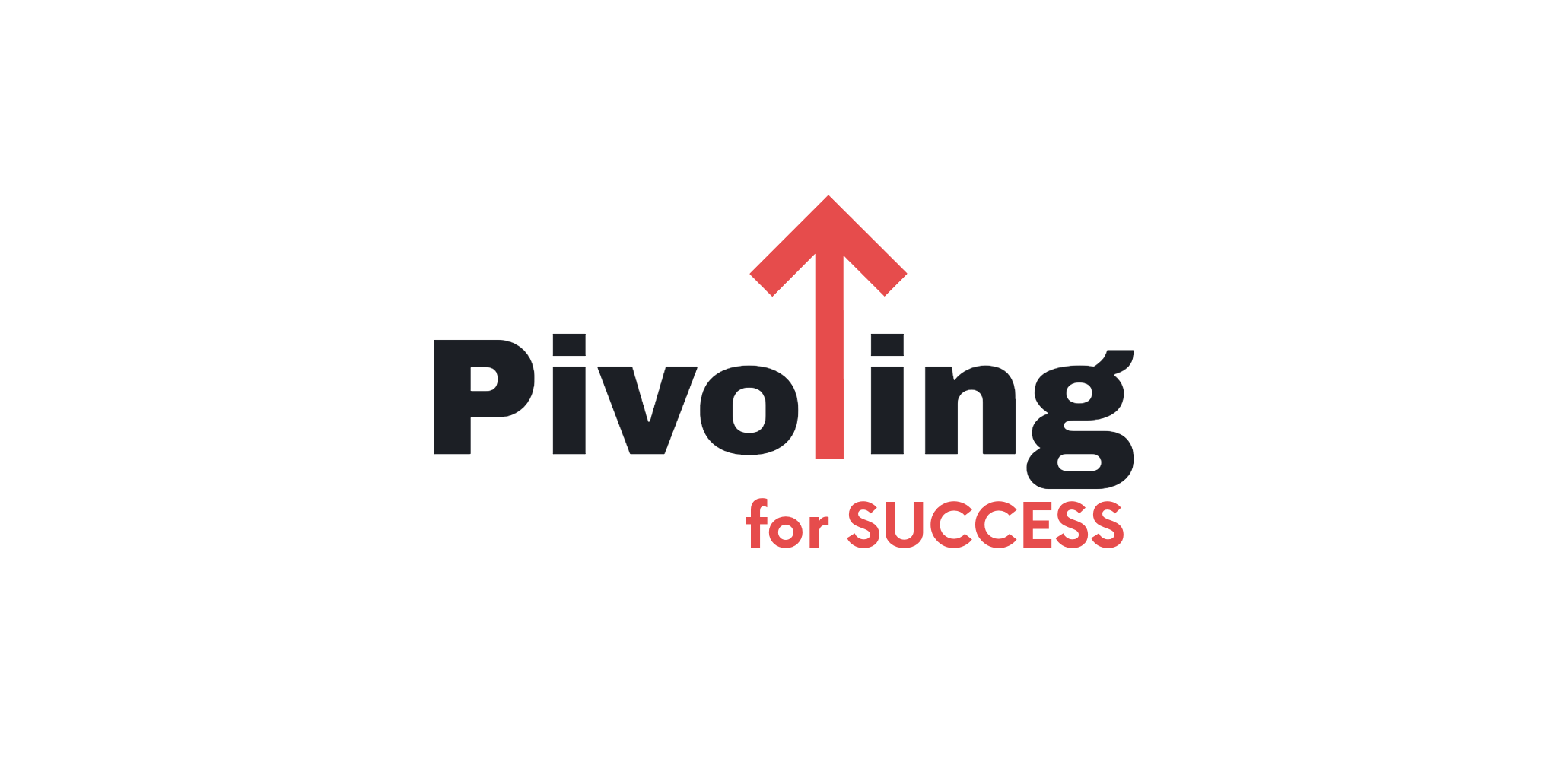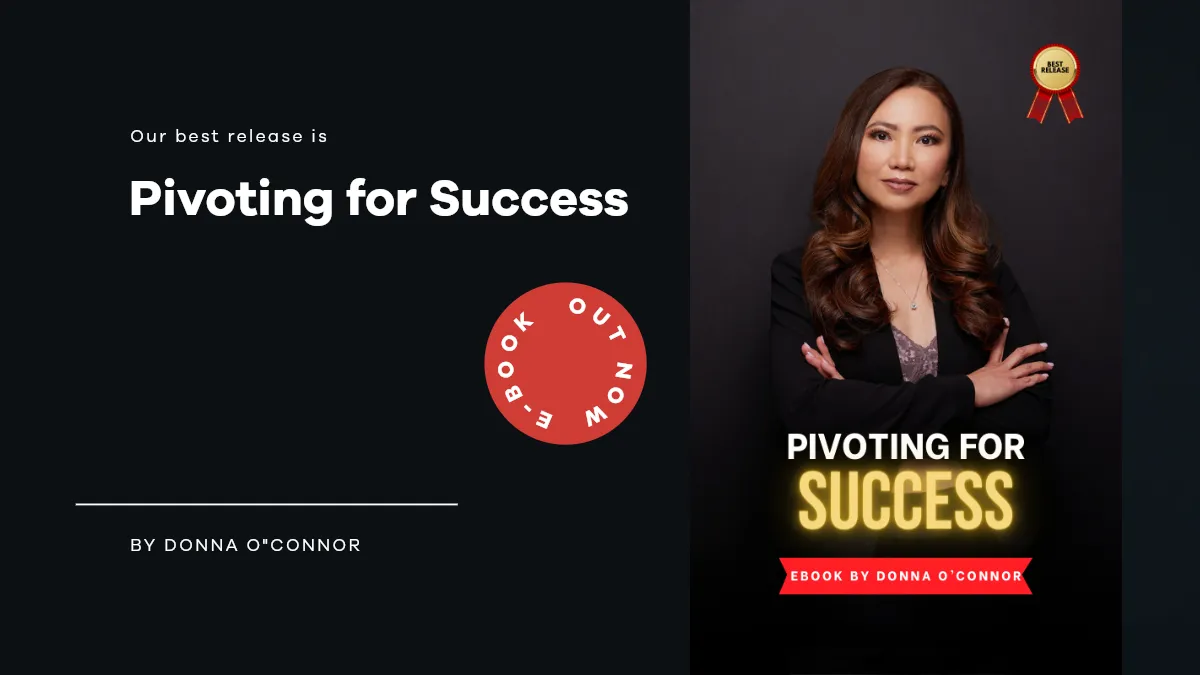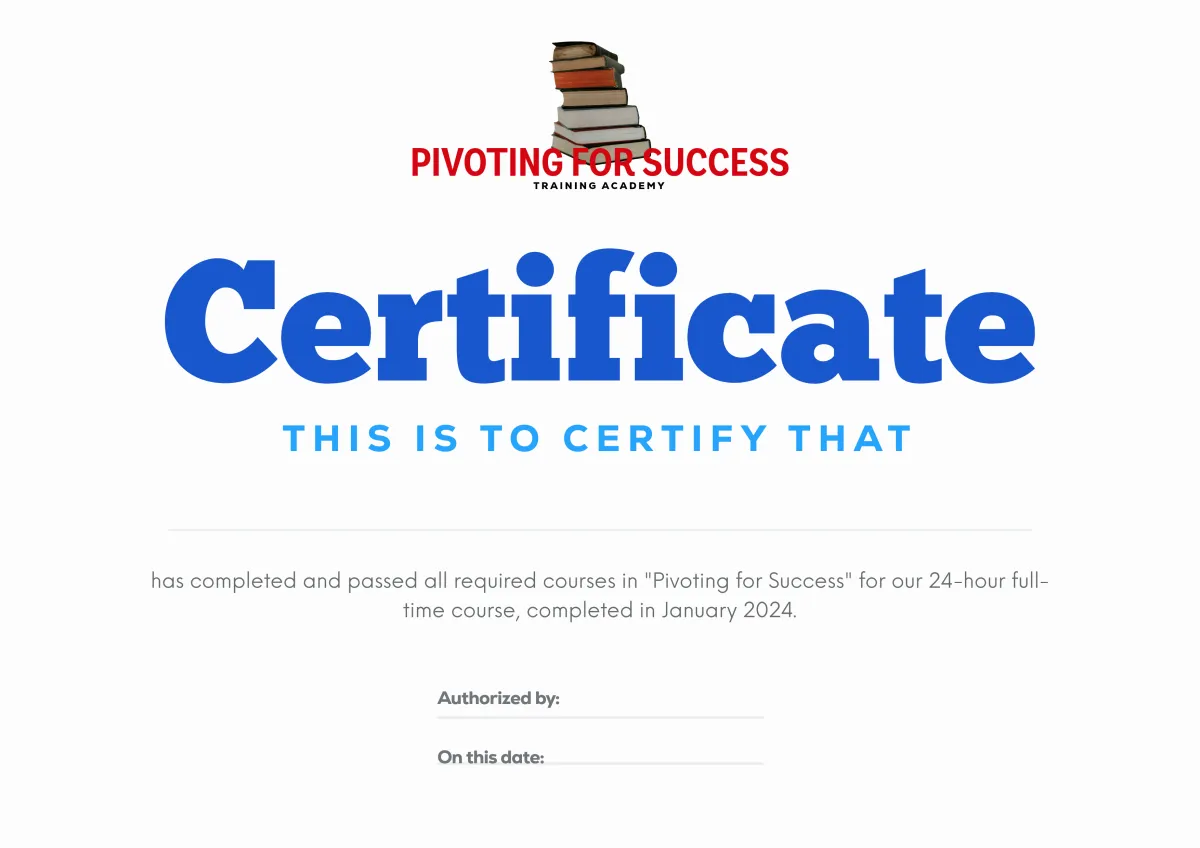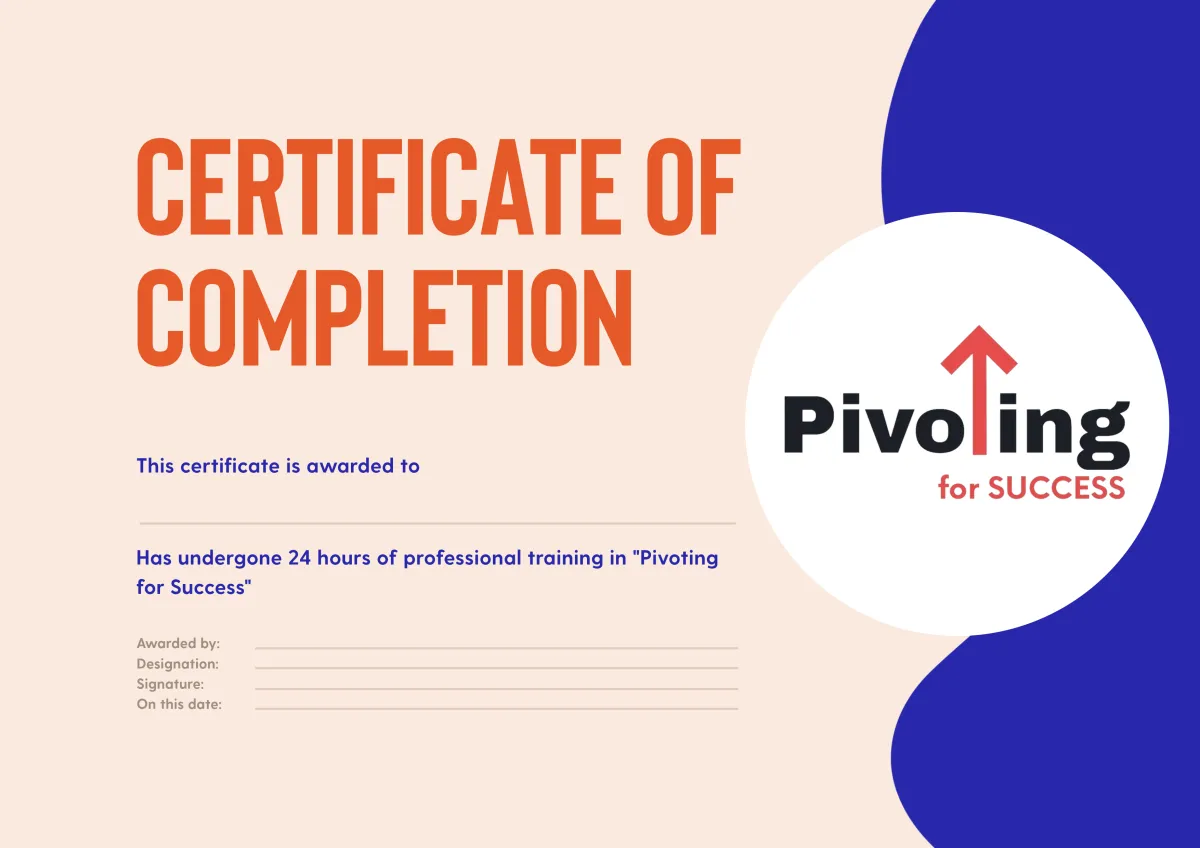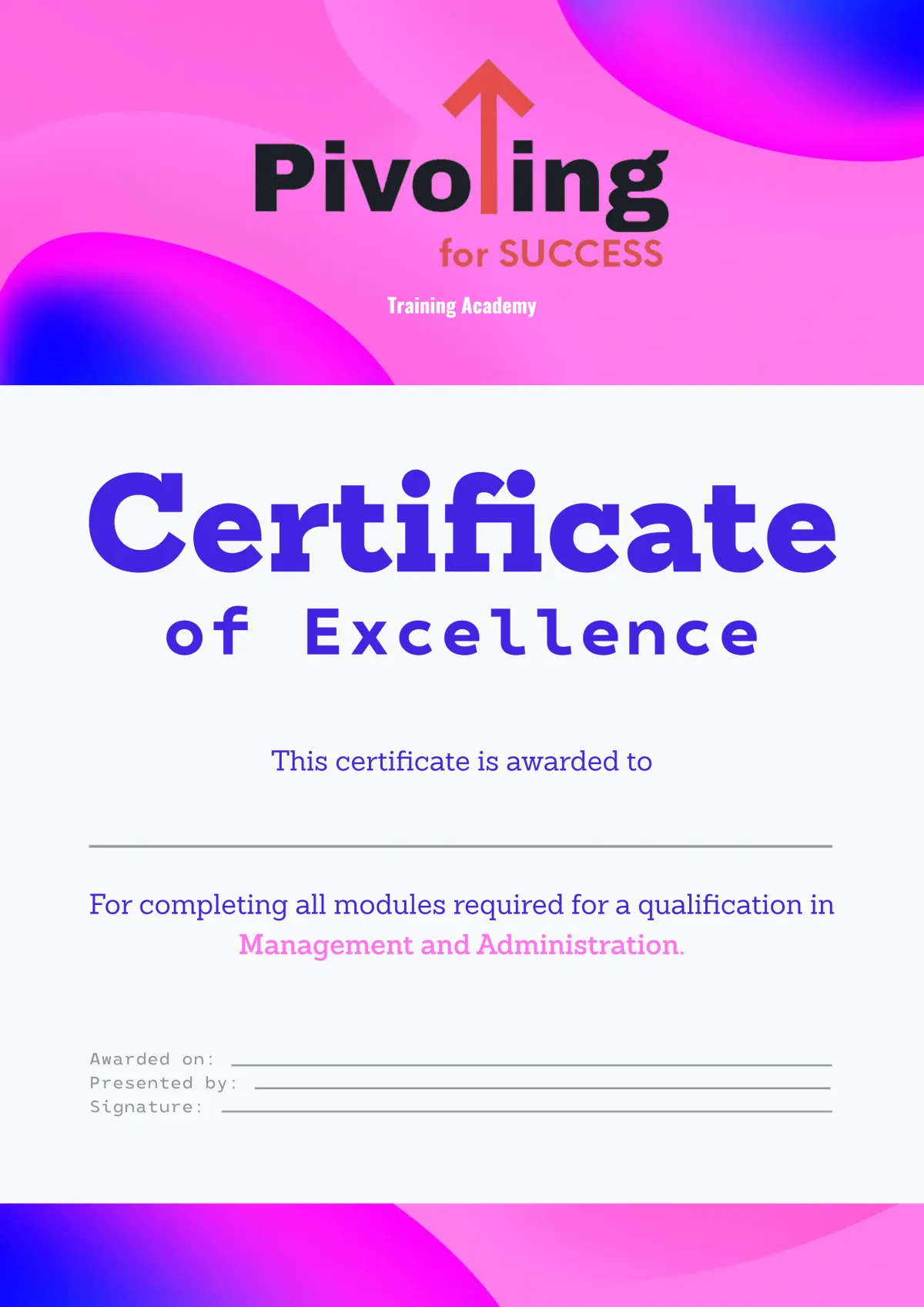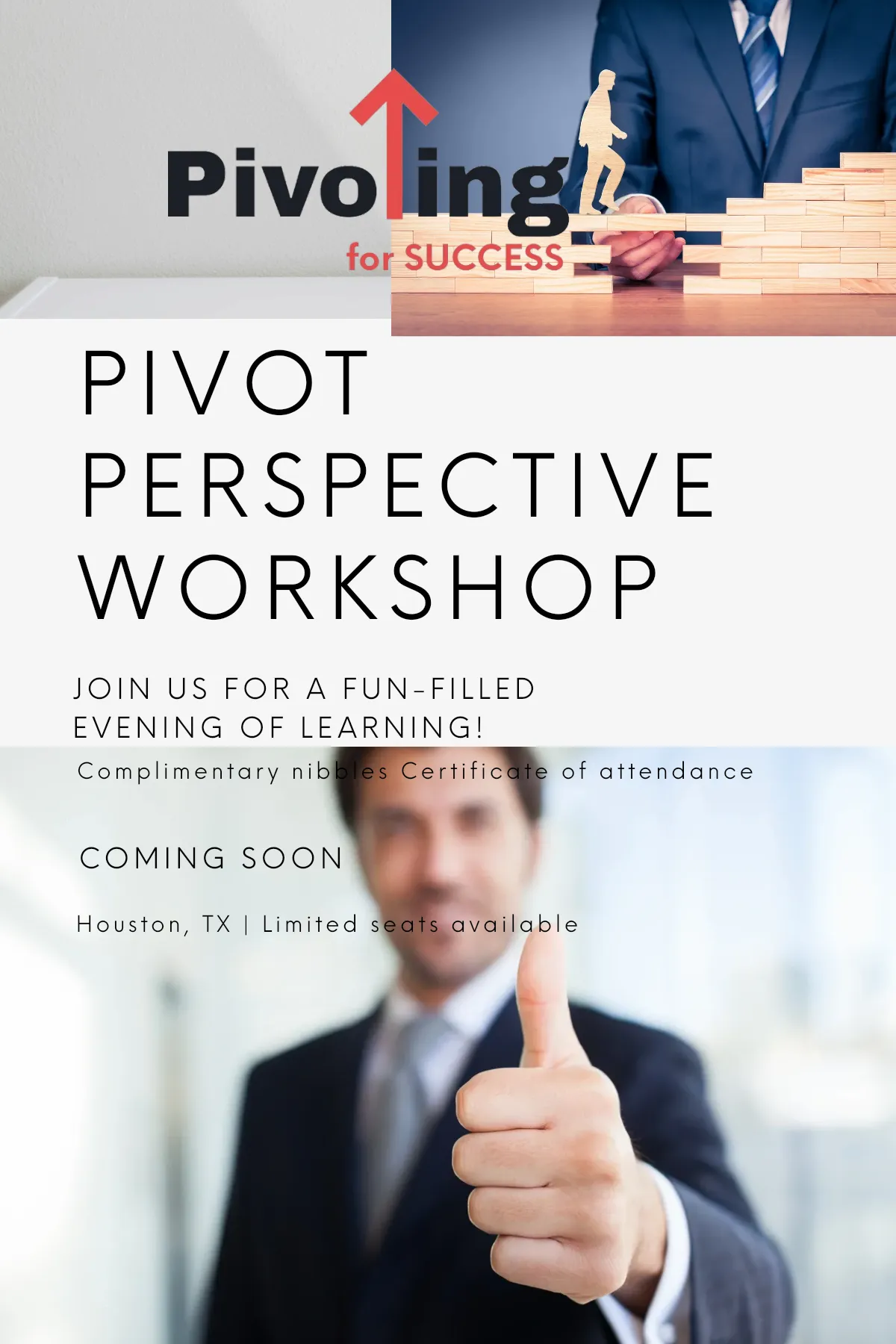

Crafting Your Personal Brand
Crafting Your Personal Brand: Shaping Your Identity in a Digital Age
In the age of social media and digital connectivity, personal branding has become more than just a buzzword—it's a strategic imperative for professionals looking to stand out in a crowded marketplace. Your personal brand is more than just a logo or tagline; it's the essence of who you are, what you stand for, and how you present yourself to the world. In this blog, we'll explore the art of crafting your personal brand and how it can help you achieve your professional goals and aspirations.
At its core, personal branding is about authenticity and consistency. It's about defining your unique value proposition—the qualities, skills, and experiences that set you apart from others in your field. Start by reflecting on your strengths, passions, and professional goals. What are you passionate about? What do you excel at? What do you want to be known for? These questions can help you uncover the foundation of your personal brand.
Once you have a clear understanding of your personal brand, it's time to articulate it to the world. This involves crafting a compelling narrative that communicates who you are, what you do, and why it matters. Your personal brand narrative should be authentic, concise, and tailored to your target audience. Whether it's through your LinkedIn profile, personal website, or social media presence, every touchpoint should reinforce your brand identity and message.
Visual elements also play a crucial role in personal branding. Your logo, color palette, and design aesthetic should reflect your personality and resonate with your audience. Consistency is key here—ensuring that your visual branding remains cohesive across all platforms and channels reinforces brand recognition and credibility.
In addition to online presence, offline interactions also contribute to your personal brand. Networking events, conferences, and industry gatherings provide opportunities to showcase your expertise, build relationships, and establish yourself as a thought leader in your field. Be proactive in seeking out speaking engagements, panel discussions, and other platforms to share your insights and expertise with others.
Maintaining a strong personal brand requires ongoing effort and attention. Regularly monitor your online presence, engaging with your audience, and responding to feedback and inquiries. Keep your content fresh and relevant, sharing insights, articles, and updates that demonstrate your expertise and passion for your field. By staying active and engaged, you can keep your personal brand top of mind and continue to attract opportunities and connections.
In conclusion, crafting your personal brand is a journey of self-discovery and self-expression. It's about identifying what makes you unique and leveraging that to create a compelling narrative that resonates with your audience. By staying true to your authentic self, maintaining consistency across all touchpoints, and actively engaging with your audience, you can build a powerful personal brand that opens doors, creates opportunities, and helps you achieve your professional aspirations.

Tools
Find your tools here; Pivoting for Success is a dynamic hub for individuals and businesses navigating change. Our mission is to empower you with the knowledge, inspiration, and strategies you need to pivot with purpose and embrace the opportunities that change brings.

Crafting Your Personal Brand
Crafting Your Personal Brand: Shaping Your Identity in a Digital Age
In the age of social media and digital connectivity, personal branding has become more than just a buzzword—it's a strategic imperative for professionals looking to stand out in a crowded marketplace. Your personal brand is more than just a logo or tagline; it's the essence of who you are, what you stand for, and how you present yourself to the world. In this blog, we'll explore the art of crafting your personal brand and how it can help you achieve your professional goals and aspirations.
At its core, personal branding is about authenticity and consistency. It's about defining your unique value proposition—the qualities, skills, and experiences that set you apart from others in your field. Start by reflecting on your strengths, passions, and professional goals. What are you passionate about? What do you excel at? What do you want to be known for? These questions can help you uncover the foundation of your personal brand.
Once you have a clear understanding of your personal brand, it's time to articulate it to the world. This involves crafting a compelling narrative that communicates who you are, what you do, and why it matters. Your personal brand narrative should be authentic, concise, and tailored to your target audience. Whether it's through your LinkedIn profile, personal website, or social media presence, every touchpoint should reinforce your brand identity and message.
Visual elements also play a crucial role in personal branding. Your logo, color palette, and design aesthetic should reflect your personality and resonate with your audience. Consistency is key here—ensuring that your visual branding remains cohesive across all platforms and channels reinforces brand recognition and credibility.
In addition to online presence, offline interactions also contribute to your personal brand. Networking events, conferences, and industry gatherings provide opportunities to showcase your expertise, build relationships, and establish yourself as a thought leader in your field. Be proactive in seeking out speaking engagements, panel discussions, and other platforms to share your insights and expertise with others.
Maintaining a strong personal brand requires ongoing effort and attention. Regularly monitor your online presence, engaging with your audience, and responding to feedback and inquiries. Keep your content fresh and relevant, sharing insights, articles, and updates that demonstrate your expertise and passion for your field. By staying active and engaged, you can keep your personal brand top of mind and continue to attract opportunities and connections.
In conclusion, crafting your personal brand is a journey of self-discovery and self-expression. It's about identifying what makes you unique and leveraging that to create a compelling narrative that resonates with your audience. By staying true to your authentic self, maintaining consistency across all touchpoints, and actively engaging with your audience, you can build a powerful personal brand that opens doors, creates opportunities, and helps you achieve your professional aspirations.
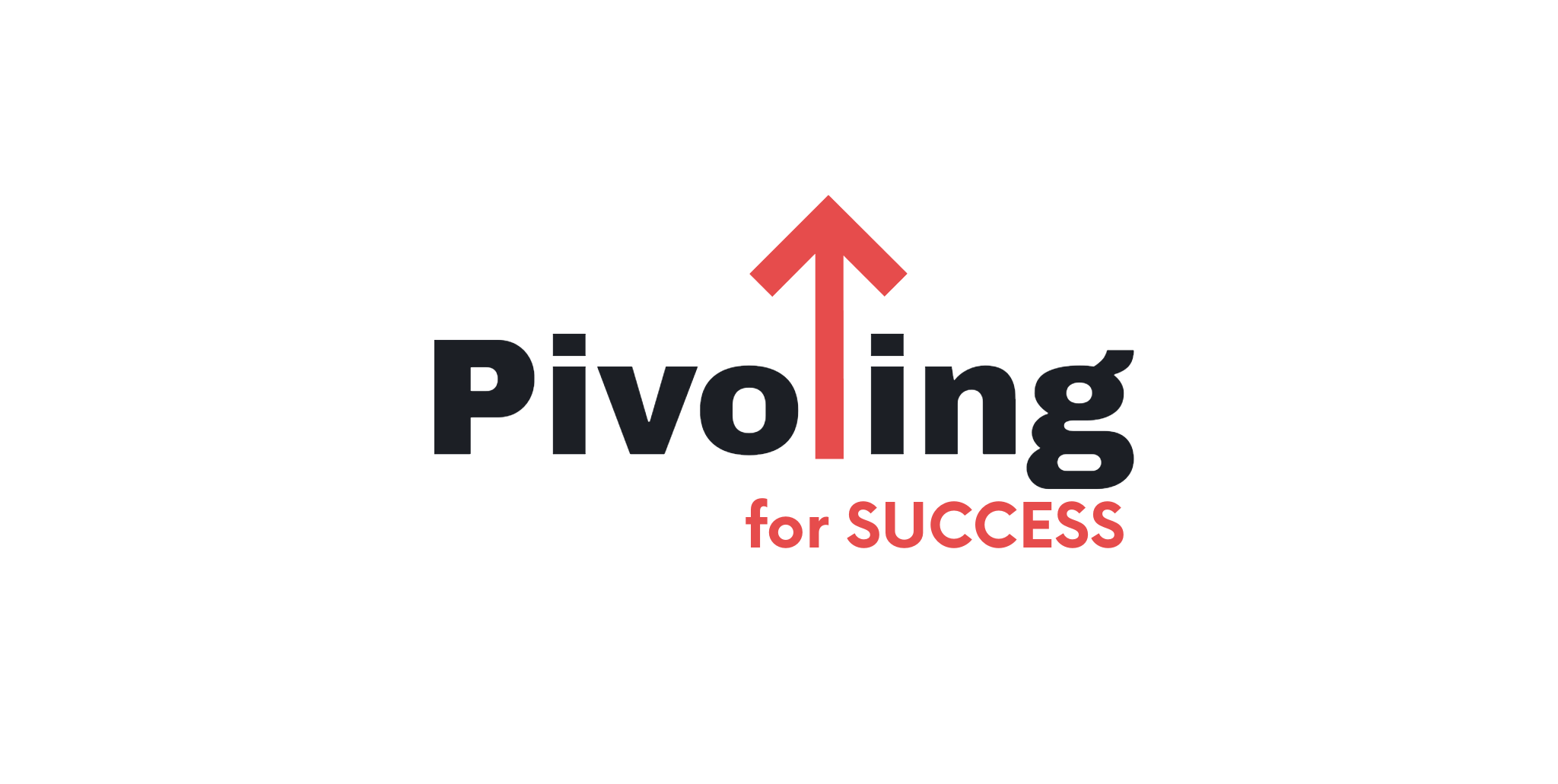
Featured Courses and Events
Coming soon.
Features Courses and Events
Coming soon.
FAQS
What is the role of a business management consultant?
A business management consultant is an expert who offers specialized guidance to organizations seeking to improve their performance, operations, and overall efficiency. Consultants analyze current processes, identify areas for improvement, and provide strategic recommendations to enhance productivity, achieve growth, and navigate challenges effectively.
When should a company consider hiring a business management consultant?
Companies should consider hiring a business management consultant when they encounter challenges that require specialized expertise, or when they aim to streamline operations, implement strategic changes, or accelerate growth. Consultants are especially valuable during periods of transition, such as entering new markets, undergoing organizational restructuring, or addressing declining performance.
How does a business management consultant tailor their approach to each client's needs?
Business management consultants tailor their approach by first gaining a deep understanding of the client's industry, goals, and challenges. They collaborate closely with the client's team to assess existing processes, gather insights, and identify pain points. With this information, consultants develop customized strategies and action plans that align with the client's unique needs, ensuring a tailored solution that addresses their specific challenges and maximizes opportunities.
Pivoting for Success. 2025 All Rights Reserved.
